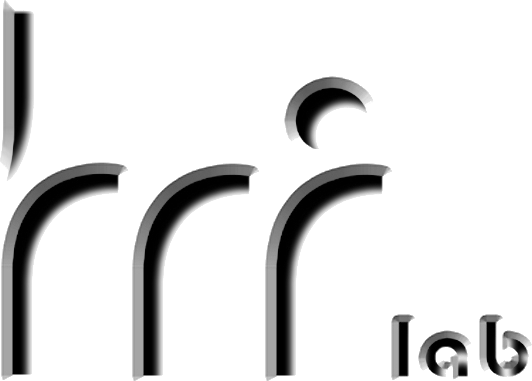In three studies we found further evidence for a previously discovered Human-Robot (HR) asymmetry in moral judgments: that people blame robots more for inaction than action in a moral dilemma but blame humans more for action than inaction in the identical dilemma (where inaction allows four persons to die and action sacrifices one to save the four). Importantly, we found that people's representation of the "robot" making these moral decisions appears to be one of a mechanical robot.
@incollection{malleetal16hri,
title={Which robot am I thinking about? The impact of action and appearance on people's evaluations of a moral robot},
author={Bertram F. Malle and Matthias Scheutz and Jodi Forlizzi and John T. Voiklis},
year={2016},
booktitle={Proceedings of 11th ACM/IEEE International Conference on Human-Robot Interaction},
url={https://hrilab.tufts.edu/publications/malleetal16hri.pdf}
}
